The drums of war are reverberating across Eastern Europe. Every geopolitical decision made by global powers carries immense weight. Amid the fear of growing conflict, one figure has emerged, wielding a sharp tongue and a pointed finger, challenging hesitant American lawmakers to bolster Ukraine’s defense against Russian aggression. Polish foreign minister Radek Sikorski has embarked on a media offensive, chastising Republicans for their reluctance to green-light the Biden administration’s proposed $60 billion military aid package for Ukraine. Despite his purported noble objectives, Sikorski’s appeal deserves closer examination.
The Polish foreign minister’s direct appeal to House speaker Mike Johnson, urging him to let the proposed Ukraine aid package go to a vote, carried an air of desperation. By warning that a failure to deliver aid to Ukraine would damage Washington’s global credibility and leadership, he was appealing to America’s sense of duty and pride. He included a not-so-subtle threat, suggesting that traditional allies might begin to hedge and even consider developing their own nuclear weapons.
By singling out Republicans and invoking historical analogies, Sikorski hopes to shame and guilt-trip lawmakers into compliance. His references to “pocket Chamberlains” and slurs about appeasement serve as demagogic jabs at those who dare question the wisdom of unconditional support for Ukraine. His rhetoric also taps into America’s moralistic and utopian foreign policy tradition. This approach, as sociologist Seymour Martin Lipset argued, often involves the non-recognition of “evil” foreign regimes and demand for the “unconditional surrender” of perceived enemies.
Of course, Sikorski’s tale conveniently ignores serious concerns raised by opponents of the aid package, including the former and potentially future president Donald Trump and his supporters.
Recent revelations of mass corruption in the Ukrainian military’s weapons procurement process offer another reason to question funneling more funds into the conflict. The Ukraine Security Service uncovered a scheme involving high-ranking defense officials, arms suppliers and foreign accounts. Such corruption allegations raise legitimate questions about the efficacy of pouring billions into a system that appears to be plagued by internal malfeasance.
Ongoing investigations by the Pentagon’s inspector general into potential fraud and abuse of aid provided to Ukraine also cast doubt about the efficacy of current assistance efforts. With more than fifty cases under scrutiny, including allegations of procurement fraud and product substitution, the need for vigilance should be obvious. Taxpayer dollars should not be blindly funneled into a seemingly bottomless pit.
Amid these concerns, the toll of Ukraine’s conflict continues to rise. The Office of the UN High Commissioner for Human Rights documented over 29,000 civilian casualties, with 10,000 deaths by January 21. Including both Ukrainian and Russian military casualties, the human toll might approach a half-million. The humanitarian crisis has left 40 percent of Ukraine’s population in need of assistance, with 10 million people forcibly displaced and millions seeking refuge in neighboring countries. Sikorski’s focus on securing military aid ignores the broader humanitarian needs of the Ukrainian people in a conflict that looks increasingly difficult for them to win.
As Ukraine’s prospects deteriorate, the new proposal is proving to be as divisive as it is perilous. The fervent call to dispatch NATO troops to embattled Ukraine, championed by French president Emmanuel Macron and seconded by Sikorski, has ignited a fiery debate, pitting proponents of intervention against cautious voices Germany, Finland and the United States. Both Macron and Sikorski, the flag-bearers of a more muscular response, accuse their detractors of myopia and timidity, branding them as cowards unwilling to confront the specter of further Russian aggression. They frame intervention as not only a moral imperative but also a strategic necessity in the face of a growing threat to America.
The fiery rhetoric reached new heights following President Joe Biden’s recent State of the Union address. Yes, the American leader opposed dispatching troops to Ukraine. But not only did he advocate sending more weapons to Ukraine; he also engaged in fear-mongering. He warned that Russia’s president Vladimir Putin would not halt his advances at Ukraine’s borders. This chilling line, intended to galvanize international support, risks pushing the collective West in a direction that no one should want go.
Taken seriously, such arguments logically lead to the deployment of NATO troops (or, as some American commentators argue, “sending in the A-Team”) to Ukraine. However, that would risk transforming the conflict from a regional dispute into a global conflagration. The repercussions would extend far beyond the borders of Eastern Europe, casting a shadow over the entire planet.
The prospect of NATO troops in Ukraine has elicited a passionate response closer to home, in Poland. For instance, fervent protests by Polish women, who adamantly oppose sending their sons to war, highlighted the human cost of such a perilous venture. Such actions were a desperate plea for prudence, a call to reassess the wisdom of deploying troops and possibly plunging into the abyss of war.
Despite the obvious reasons to sympathize with Ukraine, it is imperative that the United States, in particular, approach the situation with pragmatism and foresight. The specter of a direct conflict with nuclear-armed Russia is a nightmare scenario that could reshape history. The interests of the American people, along with those of Europe and the wider international community, hang in the balance.
A different course is necessary. As the Obama administration’s Charles Kupchan recently warned in the Berliner Zeitung, the conflict’s risks of further escalation and Ukraine’s diminishing chances of victory together require a turning toward diplomacy to bring the war in Ukraine to close. Instead of pouring billions of dollars more into a conflict with no clear end in sight and risking untold numbers of lives around the world in an avoidable confrontation with nuclear Russia, America must take the lead and lead Europe, including Ukraine, toward a new, stable and peaceful order.
By embracing pragmatic diplomacy, Washington could — indeed, must — play a constructive role in resolving the crisis in Ukraine. It’s time to choose dialogue over brinkmanship and wisdom over hubris.



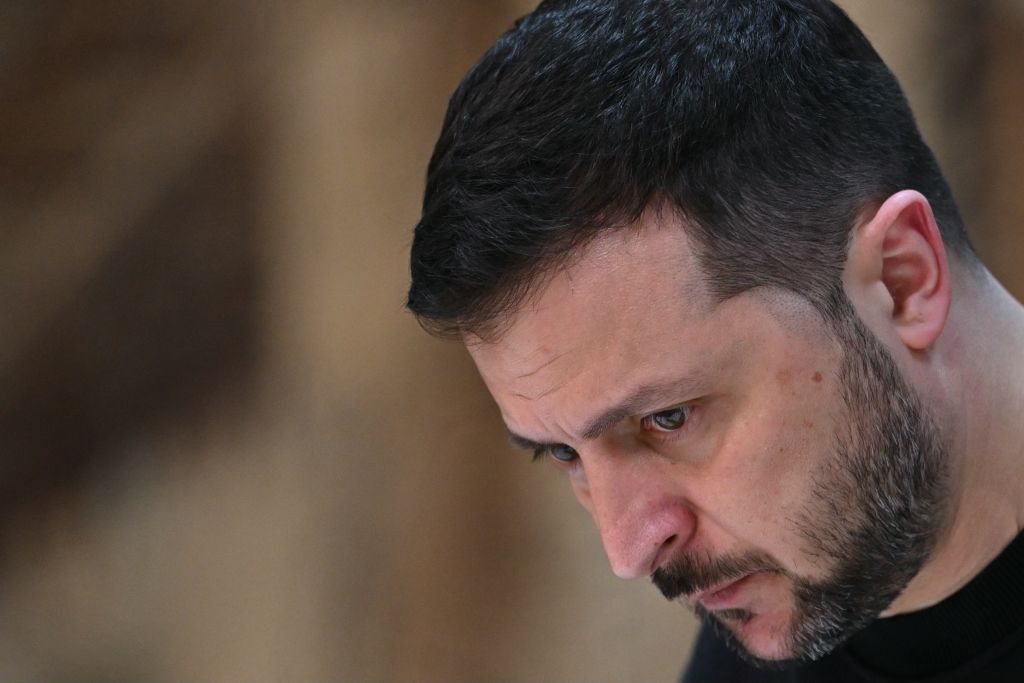








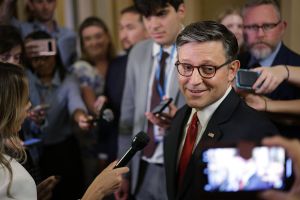

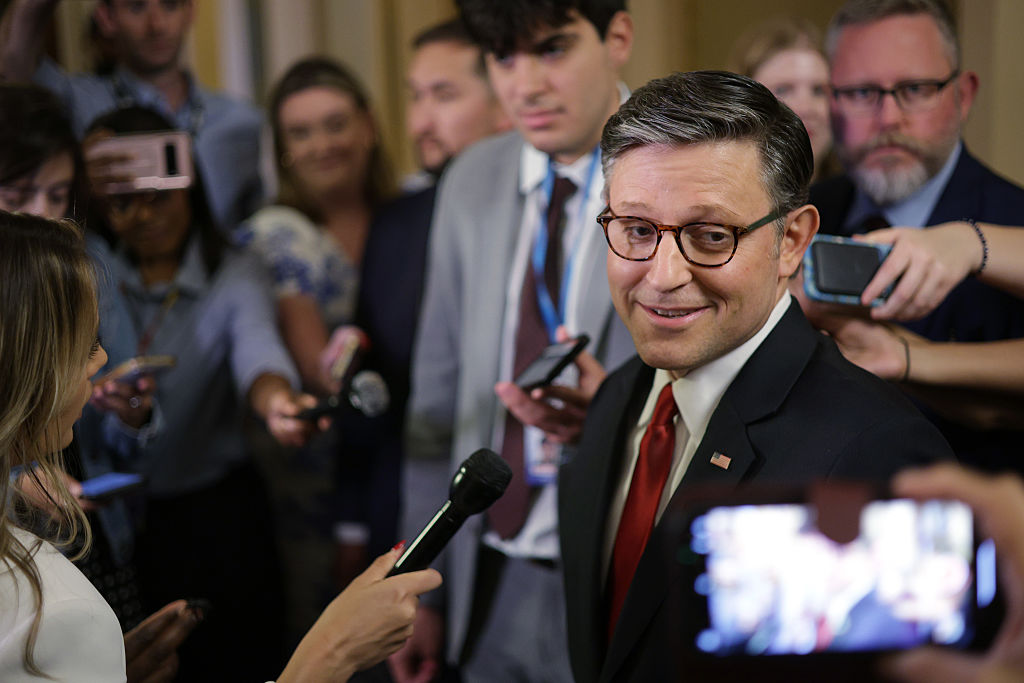
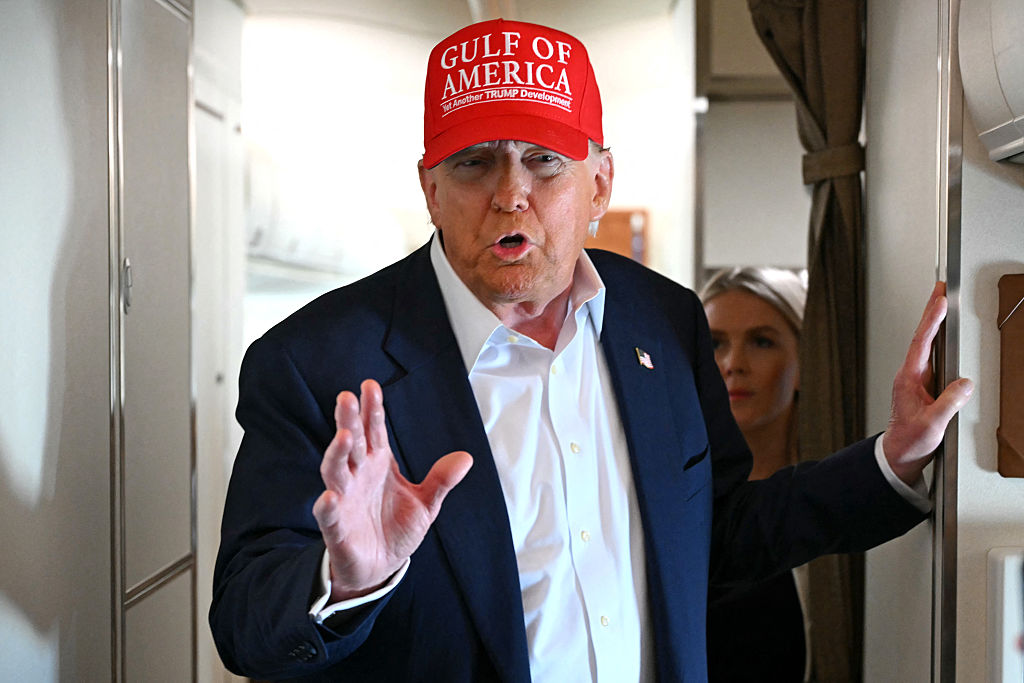
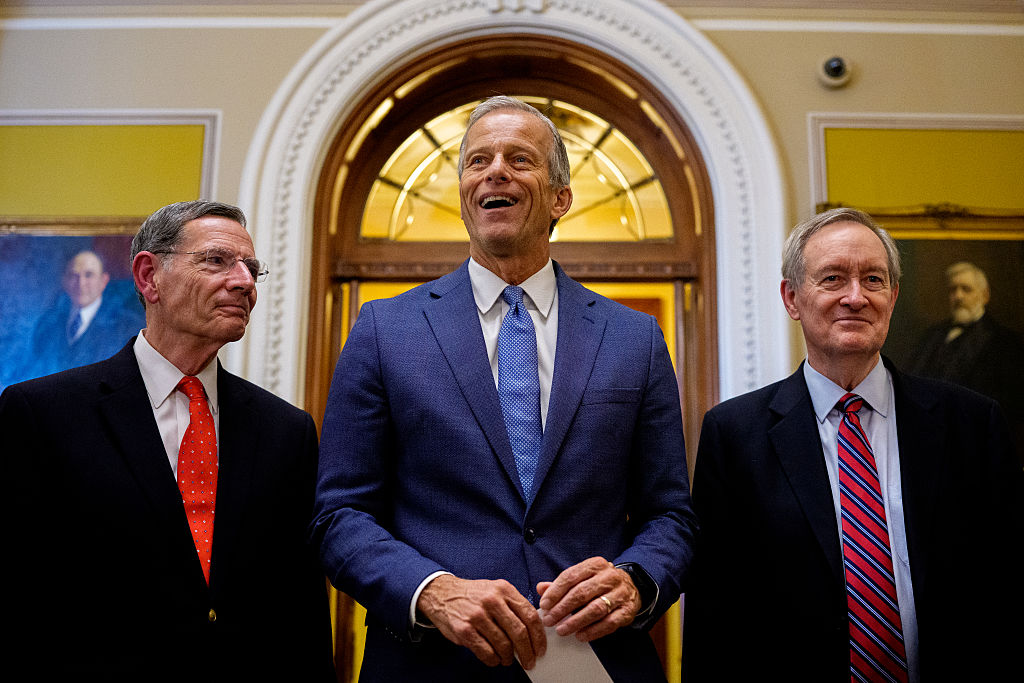









Leave a Reply